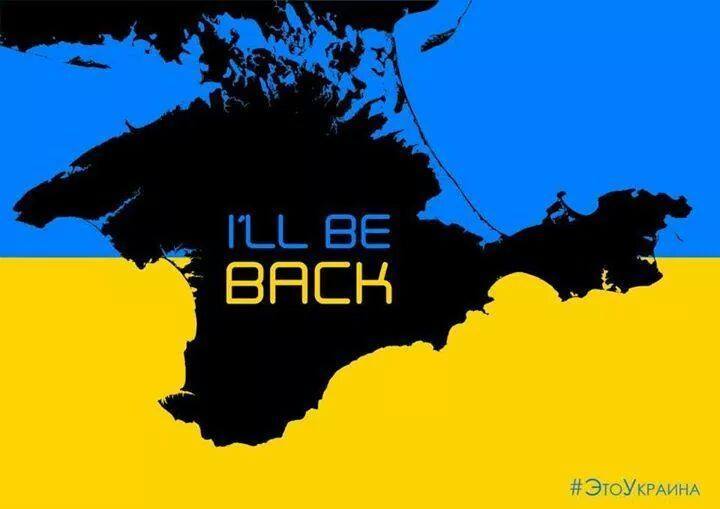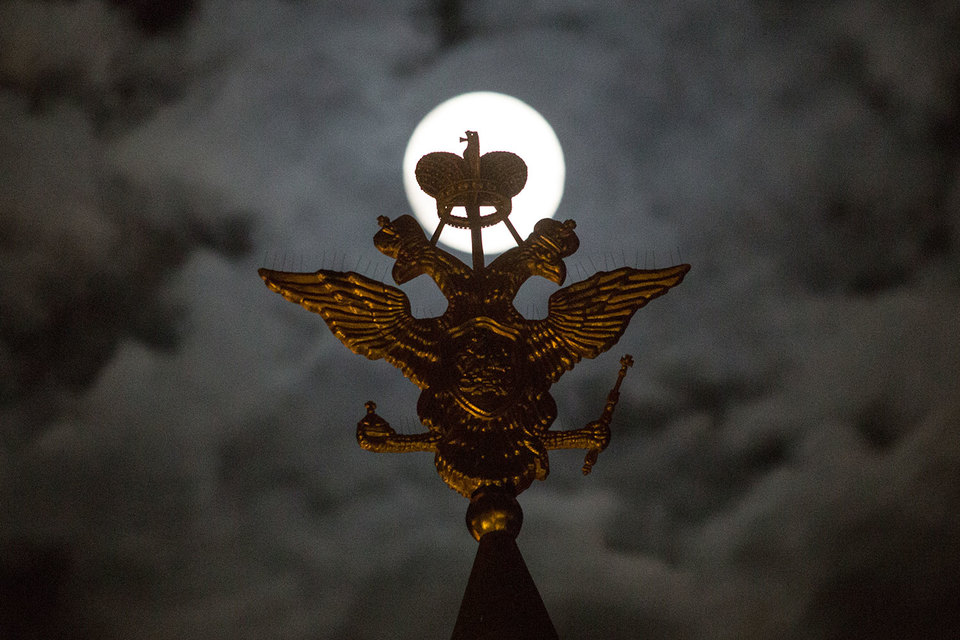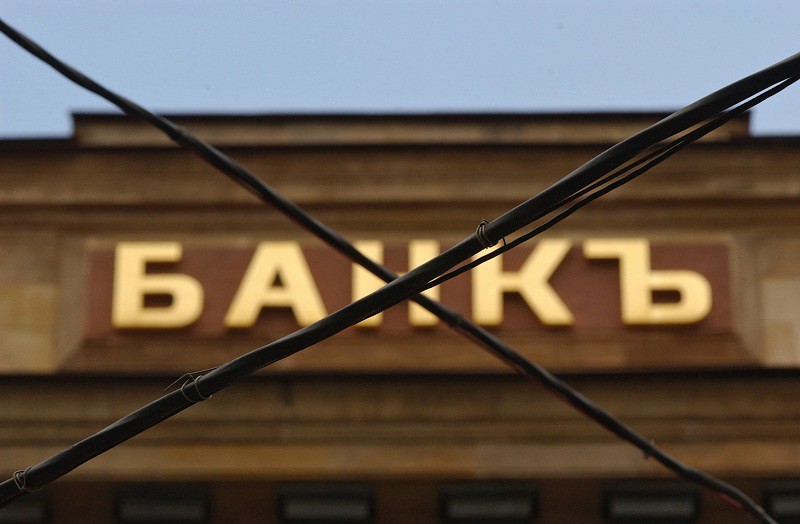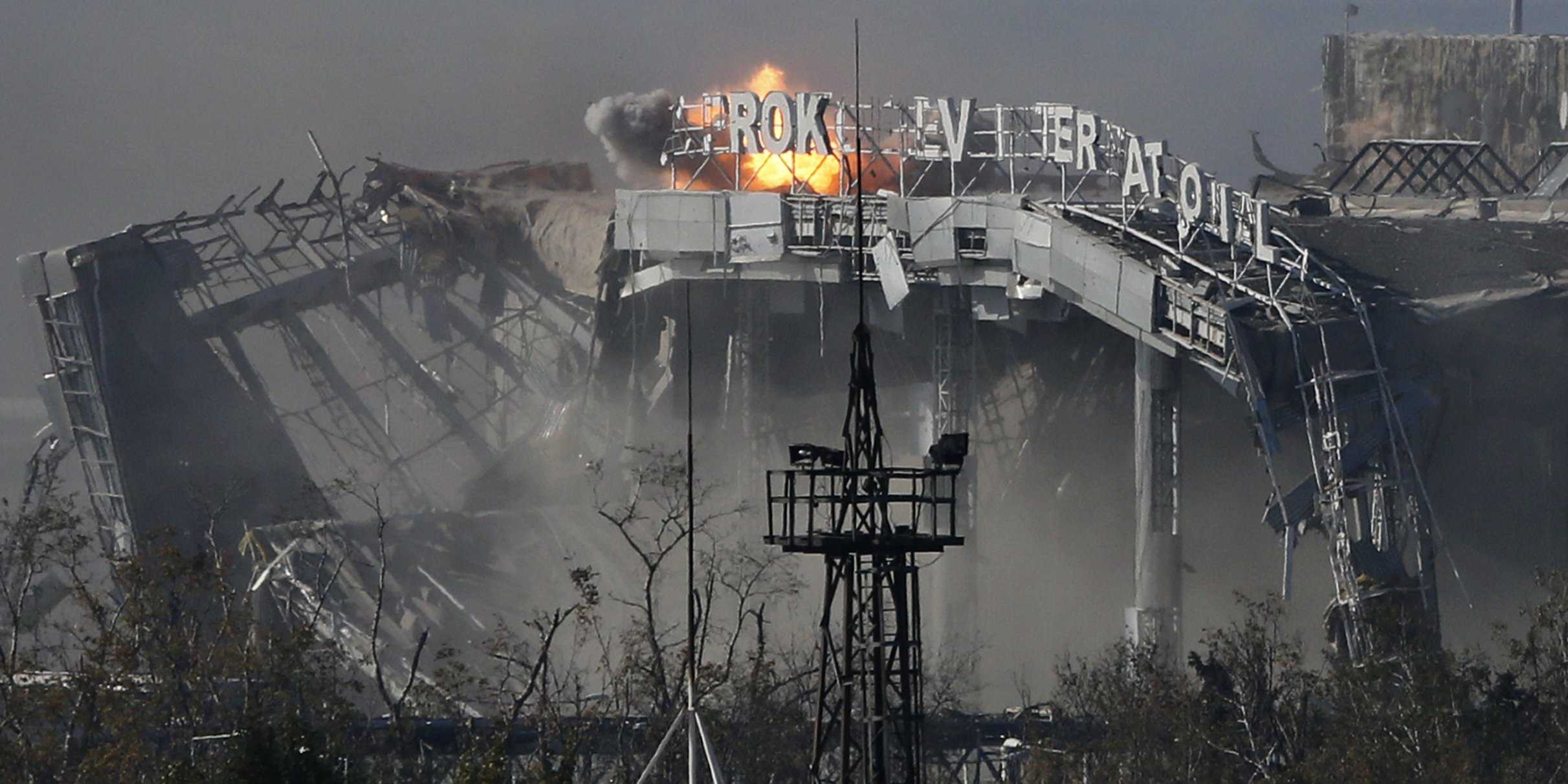US leaders like their EU counterparts since Vladimir Putin invaded and then annexed Ukraine’s Crimea in 2014 have repeatedly declared that their countries will never recognize the incorporation of Crimea by the Russian Federation and have imposed sanctions of various kinds of Moscow to try to force it to reverse itself.
Rep. Gerry Connolly, a senior Democrat on the House Foreign Affairs Committee, has introduced legislation that would formalize this non-recognition policy on the basis of longstanding American principles of not viewing as legitimate any border change achieved by force alone and on the model of US non-recognition policy regarding the Soviet occupation of Estonia, Latvia and Lithuania.
The author of these lines and many others have pressed for such a measure since shortly after Putin’s Anschluss (see "Crimea: A New 9/11 for the United States," "The West Needs a Non-Recognition Policy for Crimea Now," and "West Must Adopt a Serious Non-Recognition Policy on Crimea, Mejlis Leader Says").
Consequently, I and others both in the West and Ukraine can only welcome this development; but it is critically important that everyone involved understands both what this latest legal initiative will mean if and when it is adopted and what it can mean positive and negative for Ukraine, Crimea and the future of US-Russian relations.
The core text of the relevant amendment offered by Rep. Connolly declares:
H.R.596 — 116th Congress (2019-2020)
It must be noted, first of all, that this is a proposal and has not been approved even in committee, let alone by the House of Representatives of the Senate. Moreover, the amendment contains the standard national security waver that the President “may wave” the provisions of the law “on a case-by-case basis if the President determines that it is vital to the national security interests of the United States to do so.”
But more significant perhaps are two things this language does not include:
- It does not specify that Crimea is part of Ukraine and that Ukrainian sovereignty over it must be restored if the reasons for the act are to be vitiated, and
- It does not specify exactly what measures anyone in the government might take that would “imply recognition” of Russia’s asserted claim.
The first gap could allow the possible creation of a Russian client state in Crimea, separate from the Russian Federation but not part of Ukraine either, the kind of “unrecognized” entity that Moscow has sought to promote elsewhere on the former Soviet space to weaken its neighbors.
And the second allows government agencies on their own to determine what they will have to do to meet the requirements of the act. Some are obvious, such as a near certain ban on showing Crimea as part of Russia on US government-issued maps, but others on investment, especially if US firms use foreign daughter entities to do so.
How a new US non-recognition policy with regard to Russian claims about the annexation of Crimea might work can best be seen by an examination of past American policies on border changes and of its non-recognition policy regarding the occupation of Estonia, Latvia and Lithuania.
Since at least 1932, it will be recalled, the United States has maintained as a matter of principle that it will not recognize changes in international borders achieved by the use of force unless or until they are sanctioned international agreement. That doctrine was enunciated by Henry L. Stimson, the US Secretary of State at the time, in response to Japan’s seizure of China’s Manchuria province and subsequent creation of the puppet state of Manchukuo.
While the US has not always adhered to this doctrine, it has never denounced or disowned it. And in one case, its articulation and maintenance helped right a terrible wrong and contributed to a most positive outcome.
The most forceful expression of the Stimson Doctrine was US non-recognition policy regarding the Soviet seizure of Estonia, Latvia, and Lithuania in 1940 under the terms of the secret protocols of the Molotov-Ribbentrop Pact between Hitler and Stalin.
On July 23, 1940, US Undersecretary of State Sumner Wells declared that
That declaration was given content by a policy that the United States followed until 1991 when Estonia, Latvia and Lithuania escaped from Soviet occupation and recovered their de facto independence, a policy that included among other things, provisions that the US would maintain ties with the diplomatic representatives of the pre-1940 Baltic governments and that the Baltic flags would continue to fly at the State Department, that no map produced by the United States government would show the Baltic states as a legitimate part of the USSR but would carry the disclaimer that the US did not recognize their forcible incorporation, and that no senior US official would visit the Baltic countries while they were under Soviet occupation.
At the same time, it is important to remember what such policies did not mean. Neither the Stimson Doctrine nor Baltic Non-Recognition Policy called for American military action to liberate occupied territories, although both provided enormous encouragement to the peoples of these occupied areas that they would at some point once again be free and thus reflected the principles and values of the American people. Nor did the American non-recognition policy prevent Washington from cooperating with Moscow on other issues. Indeed, this policy had the effect of remaining in place even as relations between the US and the USSR warmed and cooled.
There is no question that US non-recognition policy played a key role in the recovery of the de facto independence of Estonia, Latvia and Lithuania in 1991. But the policy by itself was neither the magic bullet that achieved that on its own or a serious constraint on what Washington wanted to do with Moscow. Indeed, it imposed fewer constraints on US actions than do the current sanctions regime.
That track record in fact raises two important questions that many may not want to ask:
- On the one hand, other than maps and investments, what can the US actually do to give content to a non-recognition policy given that Crimea, unlike Estonia, Latvia and Lithuania, is not a state on its own?
- And on the other, could a US non-recognition policy, however important as a restatement of American principles, be at some point used as a justification for softening or even eliminating the sanctions regime against Moscow over Crimea that the US and other Western governments have pledged to maintain until Moscow withdraws?
That is unlikely, but even the risk is an important sign that as welcome as this move is for all those who care about Crimea, Ukraine and international law, it is not a panacea. The struggle must continue. One can only hope that once adopted, such an American law will inspire those committed to this fight to remain so.
Read More:
- Letter of Ambassador of Ukraine to the USA O.Motsyk to the US Congress (2014)
- If Kremlin fails to bring pro-Russian politicians to power, Ukraine should brace for radical scenarios – Horbulin
- Why Europe’s security depends on a strong response to Russia, immediately
- US non-recognition policy and Crimea – Russian misrepresentations and Baltic truths
- ‘In the interests of national security, US sanctions against Russia may be lifted’





